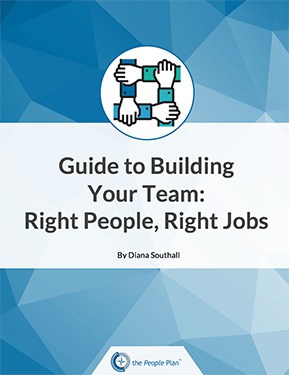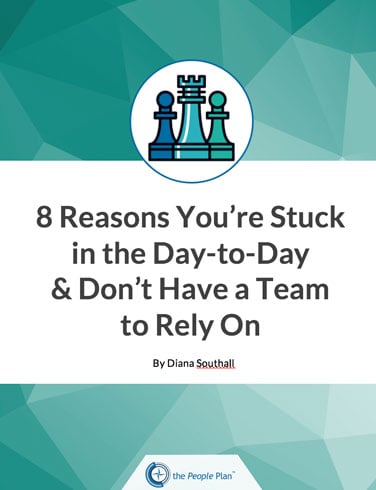
Always a Crisis- Part 1
“Chase left our conversation abruptly. Across the plant floor, he had spotted a problem and rushed to make a correction. He was apologetic on his return. “Sorry, but this is why I called you today. I feel like a two armed octopus. There are eight things that need to happen, but I can only work on two problems at a time. Things get out of control about fifteen minutes into the day. And they never stop. At the end of the day, I look at my boss’ list of projects and the important things never seem to get worked on. There is always a crisis.” (Excerpt from Tom Foster management blog, 11/28/14)
Do you have an employee who is struggles with performing in their new role (either a new hire or an existing person who you gave a different responsibilities)?
How do you think “Chase” is feeling? Delighted this new position is overwhelming? Going home feeling a sense of accomplishment? Feeling like a success? Most likely Chase is disappointed and frustrated, as he wants to do a great job and feel competent.
After all, you thought he had what it takes to this this job well. And you hold the keys to finding out if this is a temporary training issue or a mis-match of his attributes to what is required to fill the role.
If you have a Chase on staff, I recommend evaluating for job fit through the following steps, and then jointly outlining a plan to give him the training, tools, and support to potential succeed.
If you both make an effort to develop his knowledge, skills, and competencies, he has a fair chance to do well.
Three main causes of performance gap, based on ability:
- Person isn’t ready—needs more skill development
- Person needs systems- may excel if given a structured process to plan and monitor work
- Person isn’t a fit to job role- lacks key competencies that are difficult to develop in short term
Your Action Steps
- Evaluate for job fit- identify the cause of gap
- If coachable gaps, jointly create and implement a training action plan with Chase
- Develop and coach on process and systems
- Coach weekly towards improvement. If slow progress be patient and keep going. If there is no noticeable improvement or it is not lasting, more intervention is needed.
See next article for tips on a 90 day coaching plan for performance improvement “Always a Crisis— Part 2”
Image courtesy of Stuart Miles at FreeDigitalPhotos.net



